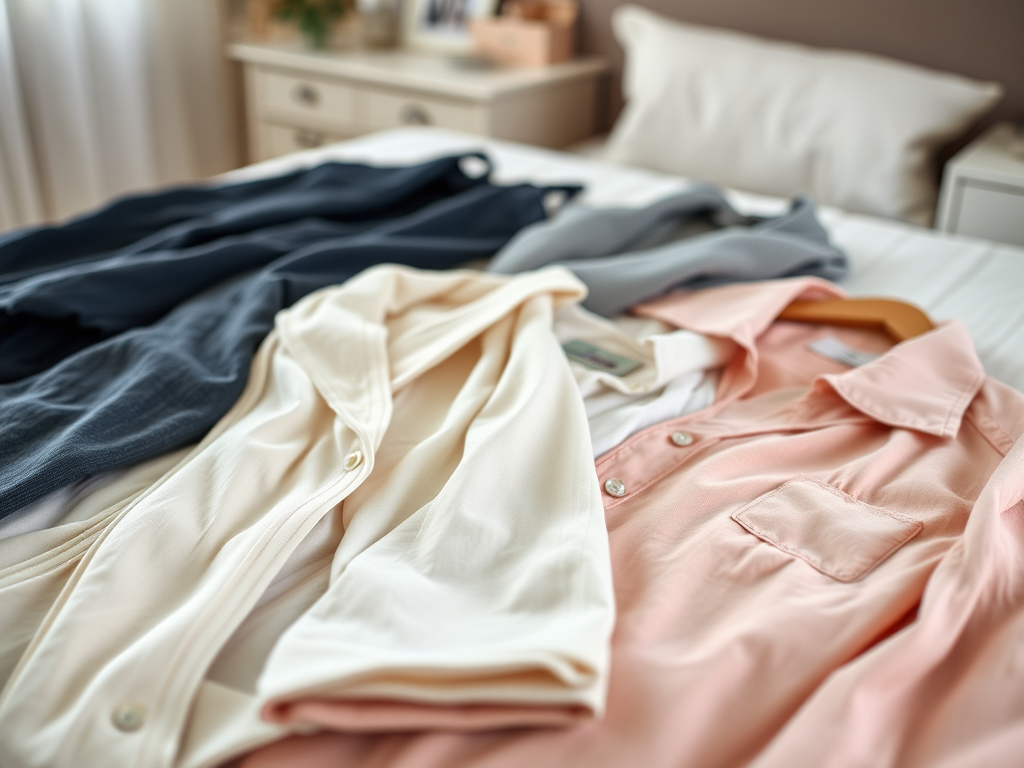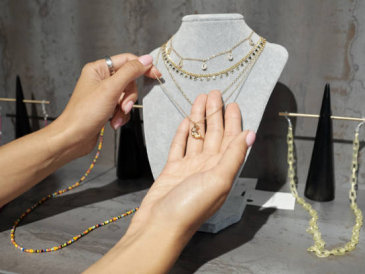When it comes to job interviews, the impression you create can propel you towards success or leave you struggling to make an impact. Many candidates focus on their resumes and interview skills, yet overlook the silent communicator that is their attire. Choosing the right outfit plays a pivotal role in shaping perceptions, building confidence, and even influencing potential job offers. While skills and qualifications are critical, this aspect of presentation should not be underestimated. After all, the first few seconds of your encounter can set the tone for the entire interview. Understanding the nuances of dressing appropriately can equip job seekers with an additional edge in a competitive landscape.
Understanding the Significance of First Impressions

Dressing appropriately for a job interview is crucial for making a positive first impression. When you enter a room, your appearance is one of the first things noticed. Employers often form their opinions of candidates in the first few moments, making attire a critical consideration. Studies show that people develop judgments based on visual cues within seconds of meeting someone. In this context, clothing can symbolize authority, confidence, or lack thereof. Therefore, it becomes imperative to align your outfit with both the role you’re aiming for and the company culture.
Reflecting Professionalism and Respect

The way you dress can convey your professionalism and respect for the interview process. A well-tailored suit might reflect a seriousness about the position, while casual attire might indicate a lack of preparation. Research indicates that interviewers often associate well-dressed candidates with qualities such as reliability, commitment, and attention to detail. Therefore, it’s essential to emphasize the importance of thoughtful presentation during interviews in the eyes of potential employers. It’s a reflection of how much you value the opportunity presented to you. The effort you put into dressing appropriately can speak volumes before you even say a word.
Understanding the company’s dress code and culture is vital when choosing an interview outfit. Companies can vary significantly in their expectations based on their industry, company size, and workplace environment. Industry standards play a significant role in dictating how formal or relaxed your attire should be. For instance, a tech startup may favor business casual wear, while a law firm may require more traditional business attire. Therefore, navigating this terrain is critical for job seekers aiming to blend in seamlessly from the outset.
| Industry | Typical Dress Code |
|---|---|
| Corporate (Finance, Law) | Business Formal |
| Technology | Business Casual |
| Creative (Marketing, Advertising) | Smart Casual |
| Retail | Business Casual |
| Startups | Casual |
To research a company’s dress code effectively, consider these methods:
- Visit the company’s official website to find insights about workplace culture.
- Check their social media profiles, where you might find visual cues about employee attire.
- Network with current or former employees to get direct feedback on expected dress norms.
Building Confidence and Reducing Anxiety
Another crucial aspect of dressing appropriately is the impact it can have on your confidence levels. The right outfit can transform your self-perception, leading to a more assertive and calm demeanor. Studies show that dressing well can help you adopt a mental state that boosts performance, especially in high-pressure situations like interviews. This transformation is not merely psychological; it can translate to how you present yourself verbally and nonverbally. Candidates who dress confident often report feeling more prepared and less anxious. Ultimately, choosing the right clothes allows you to focus on showcasing your skills and qualifications rather than worrying about your appearance.
Enhancing Personal Branding
Dressing appropriately can also play a significant role in your personal branding. Your choice of attire acts as a visual representation of your personality and values, aligning them with the professional image you wish to portray. For example, a candidate who favors a classic, polished look might cultivate a brand that speaks to reliability. Conversely, a trendy outfit may present a creative edge, appealing to industries that value innovation. The capability to communicate one’s personal brand through clothing is a powerful tool. Hence, candidates should curate their outfits not just for the job at hand, but for the long-term image they wish to project in their chosen field.
Conclusion
Dressing appropriately for job interviews is not merely a superficial concern; it impacts first impressions, conveys professionalism, builds confidence, and enhances personal branding. By thoughtfully selecting attire that aligns with the company’s culture and expectations, candidates can position themselves as serious contenders for the roles they seek. Understanding the importance of proper attire can significantly influence interview outcomes and open doors to successful career opportunities. It’s not just about clothes, but communicating respect, intention, and your unique professional identity through your attire.
Frequently Asked Questions
- Why is first impression important in job interviews? First impressions can influence the interviewer’s perception of your suitability for the role and the organization.
- What should I wear to a job interview? Your attire should align with the company’s dress code and culture, ranging from business formal to business casual.
- How can I research a company’s dress code? Look at the company’s website, social media profiles, or reach out to current or former employees for insight.
- Does dressing well really make a difference? Yes, dressing appropriately can enhance your confidence and the interviewer’s perception, which can positively affect your chances of success.
- Can my outfit affect my performance in an interview? Absolutely; the right outfit can help minimize anxiety and allow you to focus on showcasing your skills and qualifications.





